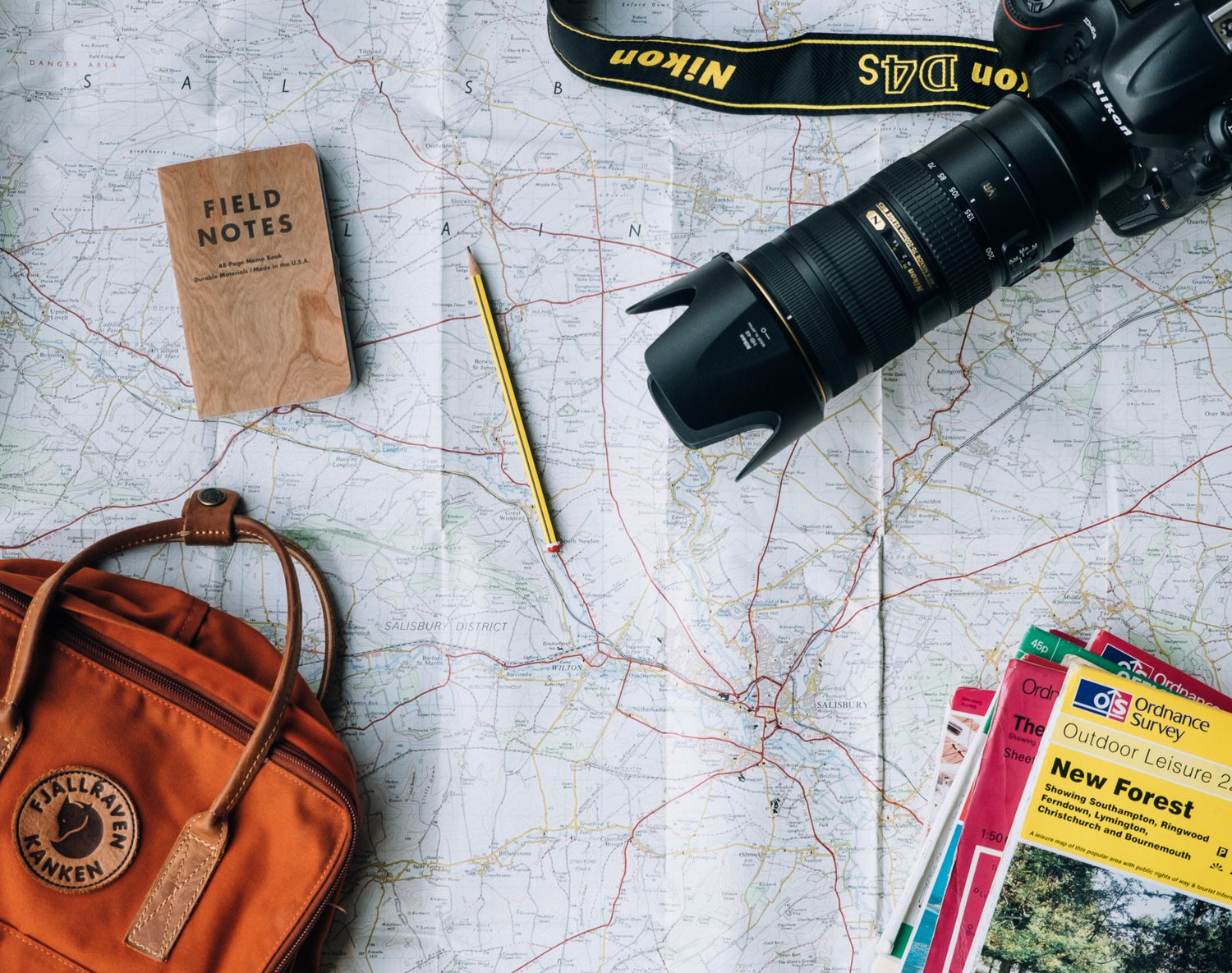I am a proud supporter of local manufacturing for ethical and above all environmental reasons. In my daily life, I try as best as I can to limit my consumption of single-use plastic and only buy the essentials. I'm not perfect, far from it, but I try to do my best. At my pace.
I am also a big traveler. This creates misunderstandings for many about my environmental values and my strong desire to discover the world. I could not contradict them, since I questioned myself for a long time On the subject a few years ago. I share with you today the fruit of my reflection as well as the tips that I am now putting in place to limit my ecological footprint when traveling abroad.
How do you promote eco-responsibility when you travel by plane several times a year?
The answer requires long hours of reflection. For many, quitting travel is simply not an option. Traveling is an unequaled source of learning, both about other cultures and about ourselves. Raised in North American culture, it was the backpacking trips I took that made me realize that it is possible to live (and live well) with just a few t-shirts and pants. It was also from these trips that I understood the importance of investing in durable clothing, even if it costs more. That's not all, my trips to some less developed countries have also opened my eyes to the real effects that pollution and the accumulation of plastic waste can have on our oceans.

Eco-responsible clothing Clothes & Roads
On the other side of the coin, while traveling, I was able to see the harmful effects of mass tourism. There, for example, I discovered a Venice, the city of all my romantic childhood dreams, dirty with its waterways polluted by numerous cruise ships.
Becoming aware of the environmental impact we have while traveling is already a big step in itself. It is possible to take concrete action to try to reduce this impact that we have. Here are some avenues to explore when planning your next vacation:
Choosing the country to visit

credit: Unsplash
Although I dream of visiting certain countries, I have made the decision not to visit those that are struggling with mass tourism and whose ecosystem is threatened . This is also the case of Iceland, Bali and the Florida Keys. I much prefer countries where tourism is not overdeveloped and where close contact with the local population is possible. Before stopping to choose a destination, take the time to learn about it.
Choose a mode of transportation

Credit: Unsplash
The plane is without a doubt a very polluting means of transport. Being in Quebec, it is difficult for us to ignore it and prioritize another means, such as the train, when the time comes to plan a vacation outside the country. There are many tools, such as that of the Planetair site which allows you to "calculate the GHG emissions generated by your car, your travel by plane or public transport, your nights at the hotel or your home". It is a tool that can be useful in travel planning. It is also possible to neutralize your impact by investing in Gold Standard certified projects that reduce the amount of GHGs in the atmosphere.
Meals

Credit: Unsplash
When traveling, I always prioritize local food over big international chains. By making sure you eat foods that are grown on site, you reduce the environmental impact of these foods. Also remember to bring a bottle of water (with integrated filter depending on the destination), a travel mug, a kit of utensils, as well as a reusable straw to avoid using disposable ones on site. I usually take a reusable tupperware dish with me when I travel to put leftovers from a restaurant or to prepare a lunch in anticipation of a nature excursion.
Where to stay?

Credit: Unsplash
The options are many. You can decide to stay with the locals, which is a cultural experience in itself, to go to a youth hostel , to go camping, to go to a hotel, etc. If you opt for the hotel, find out about hotels that are eco-responsible and have low-impact practices for the planet. This is obviously not always the case in all cities, but, if you have the choice, it is to be taken into consideration. Also avoid changing towels every day. Washing uses a lot of water.
And you, what are your tips for reducing your environmental impact while traveling?

Reviewed by Sandrine






































Leave a comment
This site is protected by hCaptcha and the hCaptcha Privacy Policy and Terms of Service apply.